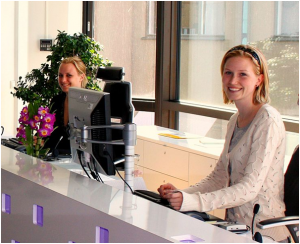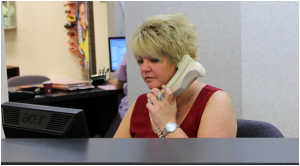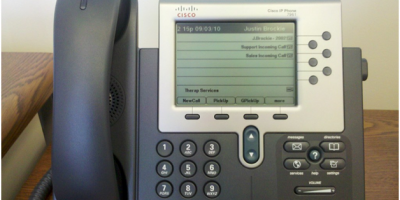A receptionist plays a vital role in any company and is the first point of contact for clients and customers.

In today’s digital world, communicating by email and phone in an efficient and friendly manner is an equally important skill, but face to face contact is still considered one of the most effective ways of creating a good and lasting impression.
Skills
One of the most important skills a receptionist must have, aside from a friendly manner, is to be highly organised. Being able to multi-task, stay calm under pressure and turn their hand to various different tasks is what makes a good receptionist stand out from the crowd.
A receptionist should also have telephone numbers to hand for couriers, taxis and other suppliers, to ensure quick access when needed, and have an organised and efficient filing system which is logical.

Technology
Receptionists are often expected to know the ins and outs of office machinery. They will also be expected to know how to fix a jammed photocopier, a broken scanner and a temperamental printer, whilst ensuring the paper and ink in all the machines doesn’t run out.
Reliable
A receptionist should arrive to work on time, dressed appropriately and be at the reception desk at all times. When on an errand, or a break, they should ensure the reception area is supervised by another staff member. Using a Visitor Management System is a great way for receptionists to keep an accurate record of visitors and a visitor management system also allows receptionists to produce reports and see at a glance who is in the building.
Communal working and shared office space has changed the way people work, but one of the biggest companies offering office space, WeWork, has had a bumpy year https://www.theguardian.com/business/2019/dec/20/why-wework-went-wrong.
Listening skills and patience
One of the jobs a receptionist will need to undertake is relaying information, so having good listening skills is vital. If there is a complaint, or a colleague or client needs something explaining, being able to listen and understand the problem will help resolve the issue.
Note taking
Being able to take notes and read them back means messages won’t get lost or misunderstood and receptionists should keep the notes for a certain period of time, just in case they need to refer back to them if asked.





